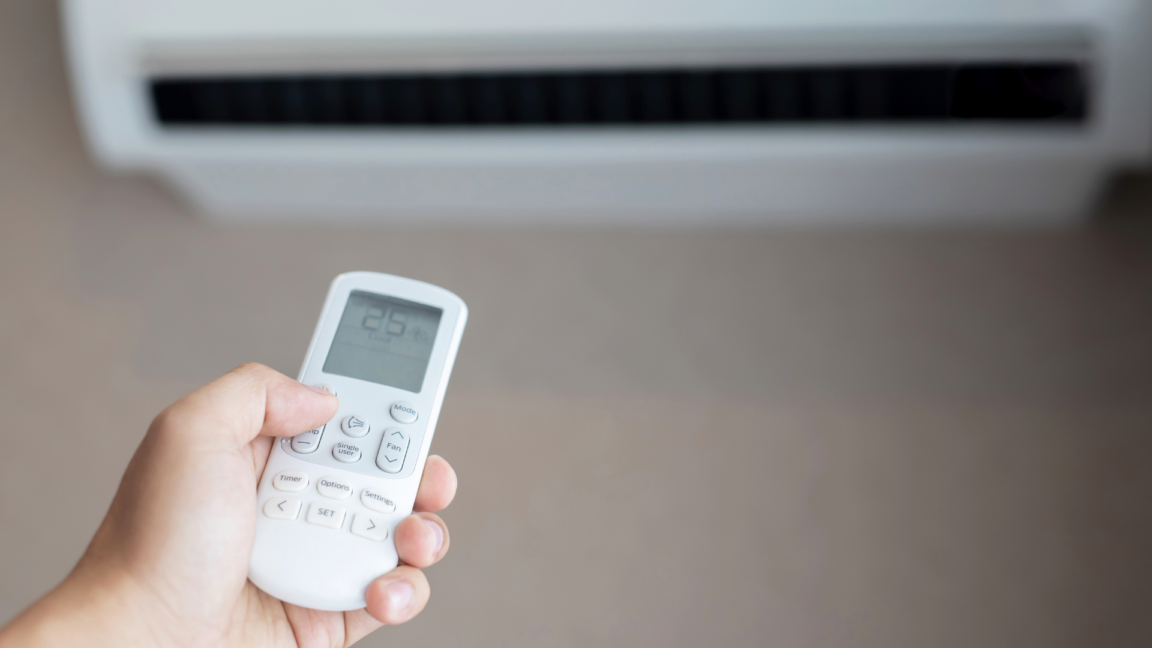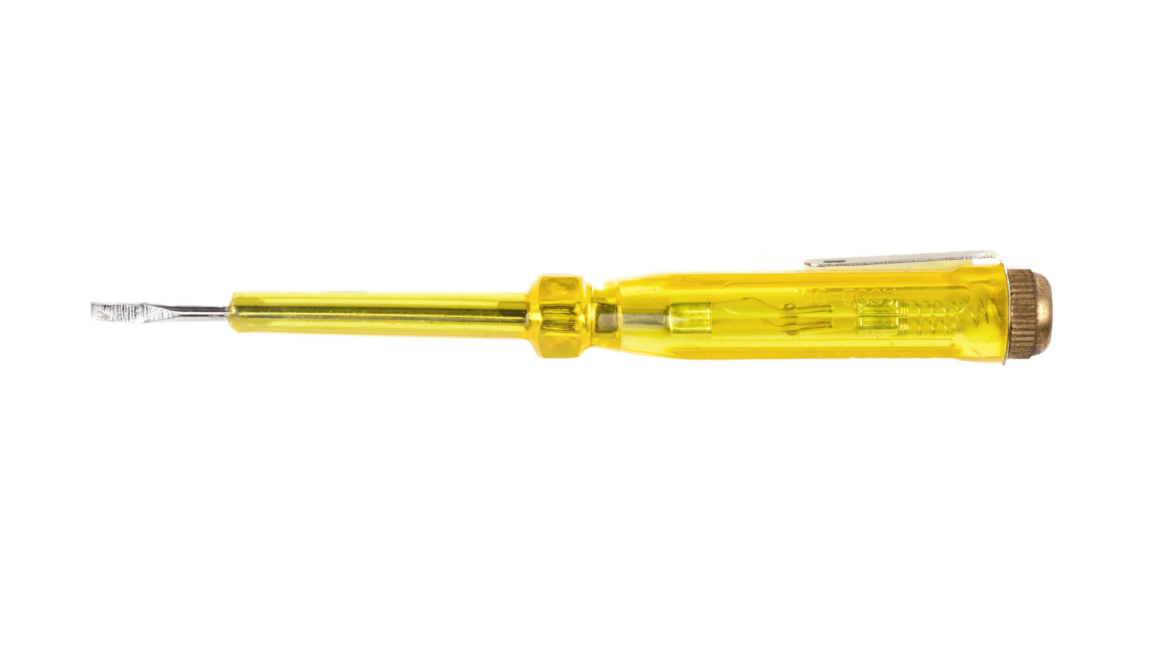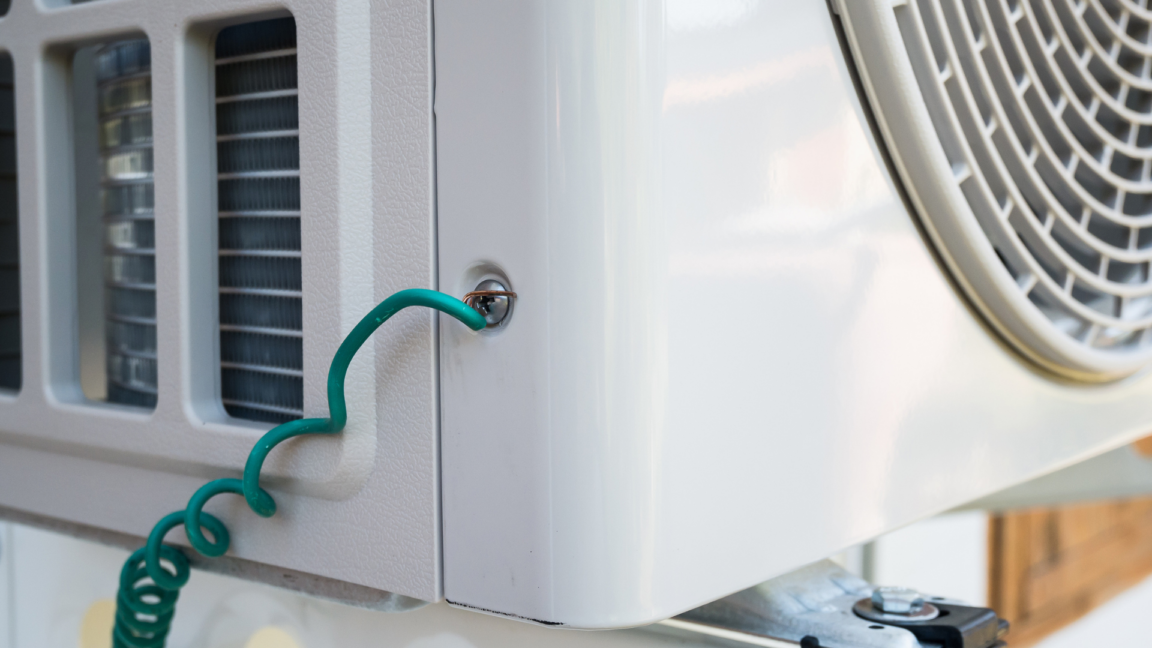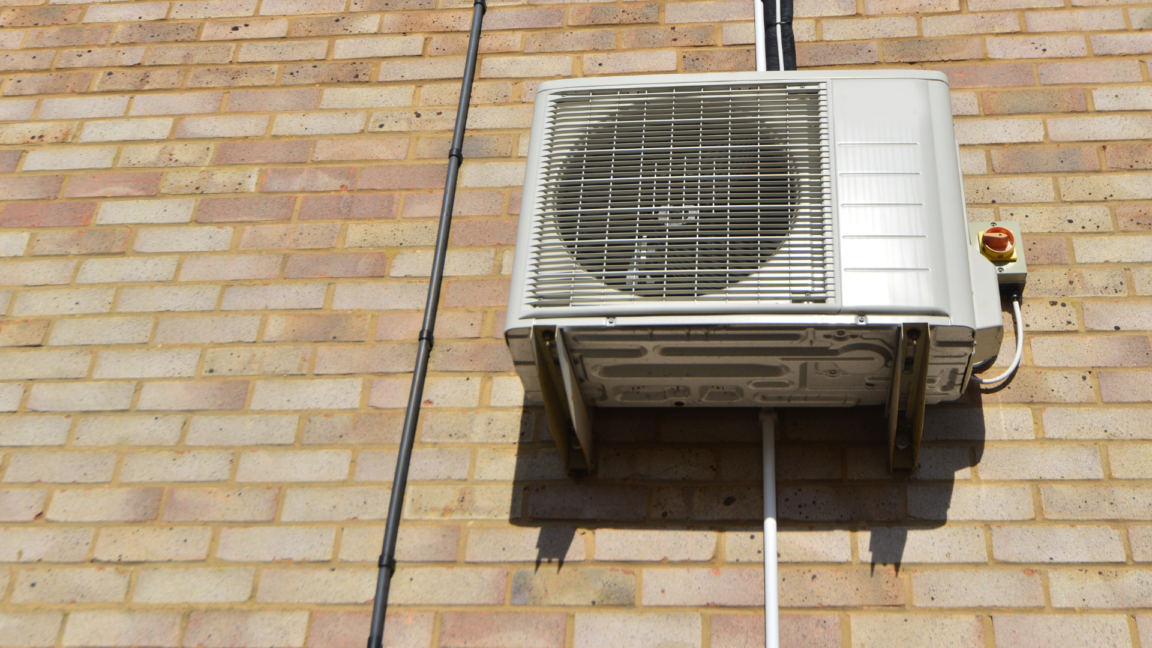Rainy Season AC Care: Unlocking Longevity and Efficiency


Picture this: the doors to our balconies swing open, or we step out of our homes and condos, greeted by the enchanting embrace of the rainy season. The refreshing coolness carried by the breeze invigorates us, becoming a source of rejuvenation. Some days, as raindrops gently patter, they gift us a renewed sense of comfort and tranquility. Yet, amidst these joyful moments, the rainy season brings its fair share of challenges. Particularly, our electrical companions face hurdles during this time, with various issues surfacing.
Among them, our beloved air conditioners – essential components of our households – demand special consideration. Mishandling these units amidst the rainy season's rhythm can invite malfunctions and damage. In this comprehensive PropertyScout guide, we embark on a journey to uncover optimal practices for effectively operating and maintaining your air conditioner throughout the rainy season. These expert insights are geared towards extending your AC unit's lifespan, ensuring enduring performance for the times ahead.
Turning the circuit breaker off when there is a power outage

A common issue during the rainy season is thunderstorms, causing power fluctuations and outages. Electrical appliances like ACs are vulnerable, so it's highly recommended that you disconnect during storms. If the weather worsens, turn off the AC and circuit breakers, wait for stability before restarting.
Check for Electrical Leakage

Building on the previous concern, this issue carries greater risks. Experiencing electrical leakage and touching the affected area could result in either a close call or life-threatening peril. Detecting such leakage is straightforward: power down all devices, monitor the meter's activity, or utilize a voltage tester to tap into wires across the residence, appliances, and the AC. If the tester responds, leakage is present. Act promptly by engaging an electrician to ensure everyone's well-being.
Read More:
Don't try to repair by yourself

It's common for many to have the urge to fix an air conditioner issue themselves, especially for minor problems, to avoid waiting for and spending money on technicians. Anything that can be done independently is often preferred. However, it's recommended that if the problem appears to be beyond our ability or expertise, it's best to call a skilled technician. Pushing to repair beyond your capabilities might worsen the situation. Therefore, if you encounter abnormalities in your AC, like unusual noises, insufficient cooling, or unusual behavior, it's better to call a professional technician for assessment.
Check the ground wiring

It's not just with air conditioners; a proper grounding is essential for any electrical device installation. When lightning strikes near our homes, lacking proper grounding can lead to damaging or even frying electrical appliances. However, if we have proper grounding, excessive electrical charges dissipate harmlessly into the ground, safeguarding both residents and appliances. Therefore, the significance of grounding cannot be overlooked.
Elevate the AC Compressor to avoid damage from floods

The compressor unit of an air conditioner is often the most overlooked component by many. It's responsible for expelling heat and is usually placed outside, away from our direct view. With its robust build and durability, people tend to pay less attention to it. Particularly during this rainy season, for homes prone to flooding in low-lying areas, it's advisable to elevate the condenser unit off the ground. This precaution guards against potential water damage from flooding or even intrusion by animals seeking refuge, ensuring a hassle-free experience.
Check for humidity and odor

Humidity control within an air conditioner is a crucial consideration. Some might wonder why humidity matters – after all, air moisture is beneficial for a cooler environment. However, excessive humidity isn't ideal. Air conditioners use over 70% of their energy to reduce humidity for comfort and non-stickiness. If humidity levels are too high, AC consumption increases, and unwanted odors might emerge. Thus, it's advisable to clean the AC's air filter more frequently during the rainy season, typically once a month, possibly even twice. This practice helps combat any musty odors that might arise due to increased humidity.
Read More:
Stay Cool!
Clearly, the rainy season presents challenges for air conditioners too. Hence, it's crucial to assess household appliances for their functionality. Look out for malfunctions, loose wires, or shortages. With air conditioning units, monitor their cooling efficiency and any unusual scents. If anything appears problematic, quickly call in a technician to prevent potential harm. Handling essential electronics like AC units with care guarantees their longevity, offering everyone at home both cozy cooling and a convenient daily life.
Looking for fully-equipped houses or condos complete with electrical appliances including AC's to cool off? Let PropertyScout help you!



